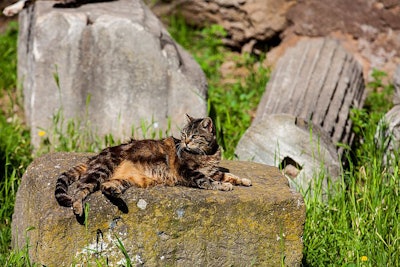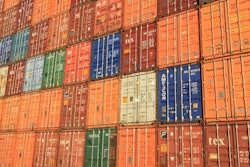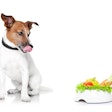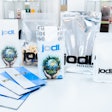
In 2021, amid rising and falling COVID-19 case numbers, the European pet food market continued growing as people followed similar patterns to 2020. Although the rate of increase declined, many of the same factors fueled sales of dog, cat and other pet food and treats in Europe as the pandemic continued into its second year. Pet ownership increased in 2020 in many European nations as people brought home new companions for themselves and playmates for children. The stockpiling that occurred in the early pandemic subsided and generally didn’t return as intensely with later lock-downs. Nevertheless, this year, those new pandemic pets still needed food and treats. European pet owners preferred that their animals’ foods included assurances that the products were made and packaged in ways that minimized ecological and social problems. Pet foods and treats making these claims led some of the growth in the European market in 2021. Among sustainable ingredients, insect-based protein received attention and grew in use this year, as European arthropod agriculture companies expanded.
These articles represent a range of news published on PetfoodIndustry.com covering European pet food producers and suppliers. For more news on European and other pet food markets, try an advanced search of PetfoodIndustry.com.
Dog, cat and other pet food news in Europe 2021
Ethical claim focus of European, North American pet owners
December 22, 2021
Pet owners in Europe and North America seem to focus on the ethical claims made by pet food brands more than other regions.
European pet food market grew in 2021, less than 2020
December 20, 2021
Despite the challenges of the pandemic, European pet owners continue to demand environmentally and socially responsible kibble, wet food, treats and other pet products.
Vegan pet food: Emerging market in Eastern Europe?
December 6, 2021
The popularity of vegan pet food remains uneven across Europe, declining gradually when moving from the western part of the continent eastward.
French insect meal producer invests in two new factories
November 29, 2021
European pet food producers seeking alternative sources of protein like insects will soon find more insect meal and fats on the market from Agronutris.
Vafo Group eyes new pet food acquisitions across Europe
November 1, 2021
Learn about the expansion efforts of Vafo Group as it continues to grow throughout Europe.
Mycotoxin in UK cat food not linked to blood disease
August 30, 2021
An ongoing investigation by the United Kingdom Food Standards Agency did not find a causal link between certain cat foods and more than 130 cases of feline pancytopenia.
Vet diet restrictions reshape Russian pet food market
August 27, 2021
Russia has withdrawn some veterinary diet restrictions on pet food imports from the Netherlands, Germany and Spain, but the local market remains turbulent.
13 largest pet cat populations in Europe 2020, Russia #1
July 29, 2021
Pet food sales reached EUR21.8 billion, with a 2.8% growth rate. By volume, companies sold 8.5 billion metric tonnes of pet food products in 2020.
German, French, US owners differ on grain-free dog food
July 16, 2021
While dog owners worldwide buy grain-free pet food, their motivations may differ from one culture to another.
10 top pet food companies headquartered in Europe
June 18, 2021
Within the rankings of the 10 top pet food companies headquartered in Europe, six were ranked differently than in the year prior.
French maker of insect-based dog food to launch cat food
June 8, 2021
Reglo, a family owned pet food company based in France, currently offers only insect-based dog food but plans to expand to cat food and treats in 2022.
Polish dog treat maker buys competitor, boosts production
May 5, 2021
The owner of Poland dog treat leader Maced has acquired Atlantic Products, another dog treat maker, and is investing to expand both companies’ production.
Croatian company opens country’s first dry pet food plant
January 18, 2021
Tvornica Dobre Hrane aims to capture a major share of the Croatian pet food market, which to date has relied on imports, then expand to other EU markets.

















